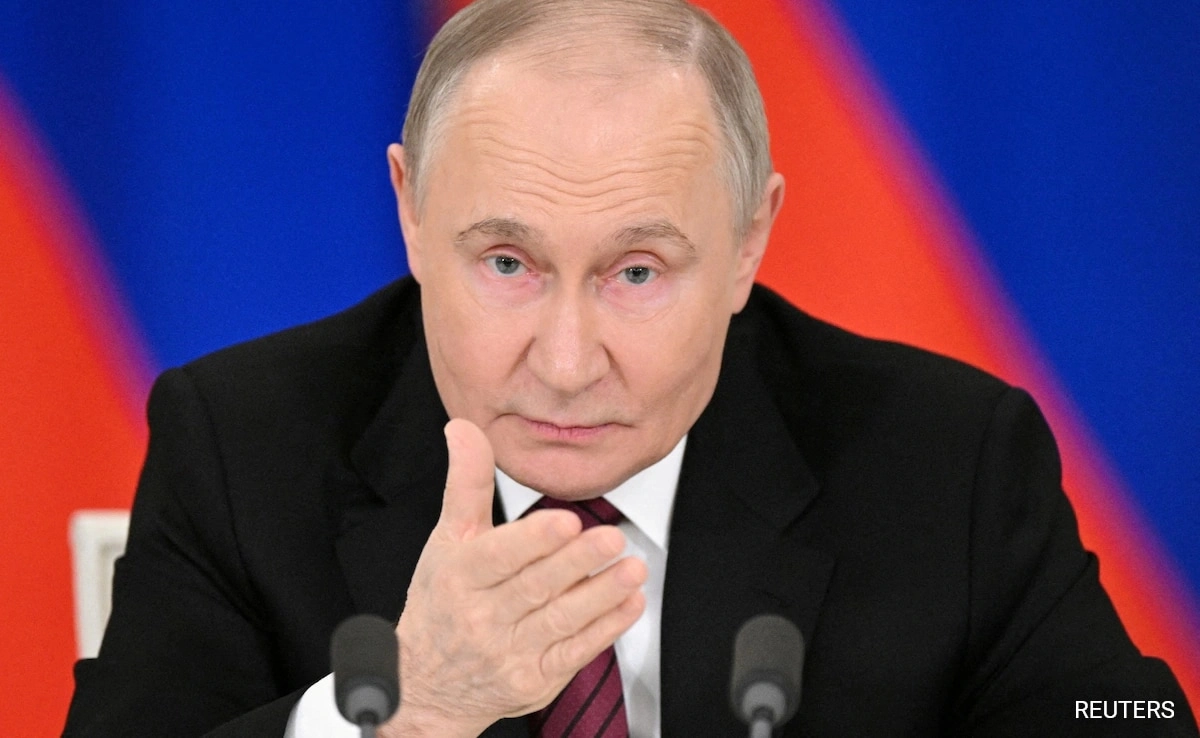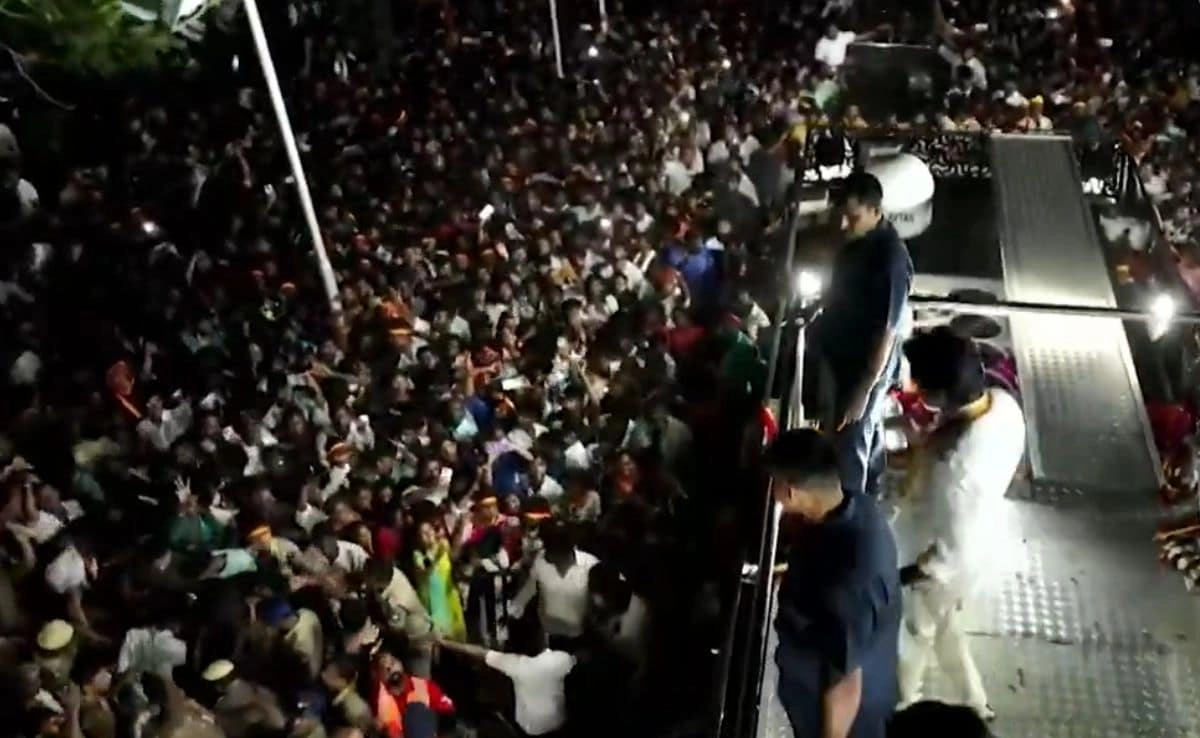In a recent announcement, Russian President Vladimir Putin revealed plans to reduce military spending starting next year. This decision comes amid a backdrop of economic challenges and shifting priorities within the nation. The proposed budgetary cuts are significant, especially considering Russia’s ongoing military engagements and the heightened geopolitical tensions surrounding its borders. The move may signal a strategic recalibration in response to both internal and external pressures, reflecting a need to balance military readiness with economic sustainability.
Putin’s declaration is particularly noteworthy given the substantial investments Russia has made in its military capabilities over the past decade. These investments were aimed at modernizing the armed forces and enhancing their operational effectiveness, especially in light of perceived threats from NATO and other regional adversaries. However, the economic landscape has changed dramatically in recent years, with sanctions imposed by Western nations and declining oil prices impacting the Russian economy. As a result, the Kremlin is now faced with the difficult task of ensuring national security while addressing pressing domestic issues such as infrastructure, healthcare, and education.
The implications of reduced military spending could be profound. On one hand, it may lead to a reallocation of resources towards more pressing social and economic needs, potentially improving the quality of life for many Russians. On the other hand, critics may argue that cutting military budgets could undermine Russia’s defense capabilities at a time when tensions with the West remain high. The balance between military strength and economic stability will be a critical factor in determining Russia’s future trajectory, both domestically and in its foreign relations.
As the world watches, Putin’s decision will likely influence not only Russia’s military strategy but also its interactions with other nations. The shift in focus could prompt a reassessment of Russia’s defense posture and its approach to international conflicts. Furthermore, this development may have repercussions for NATO and its member states, as they gauge the implications of a potentially less militarily aggressive Russia. The coming months will be crucial in determining how these budgetary changes will unfold and what they mean for the broader geopolitical landscape.




